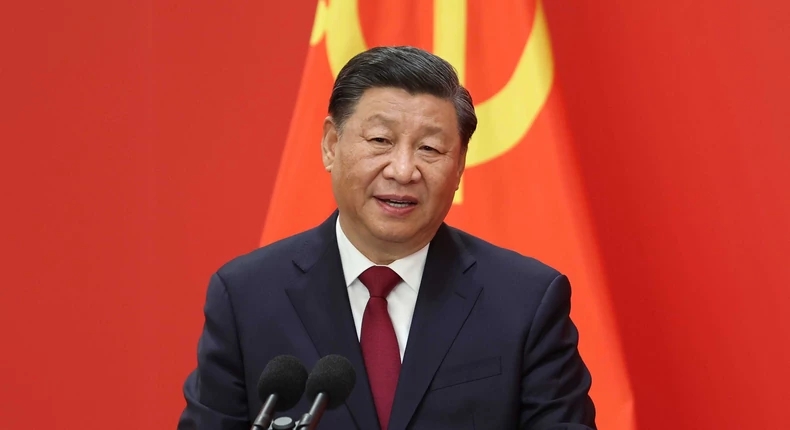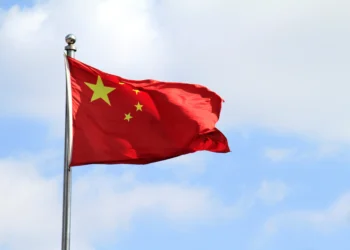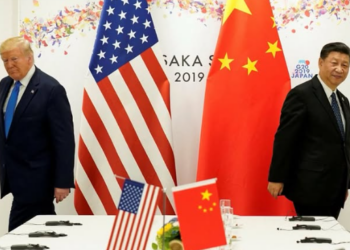In response to its current energy shortage, China is actively seeking liquefied natural gas (LNG) in the market, as per Bloomberg reports.
The country aims to secure natural gas imports to fuel its economic growth and address its pressing energy needs.
According to Bloomberg, China is swiftly securing natural gas contracts, with 33% of long-term LNG volumes signed in 2023 allocated to China. Notably, other countries such as Qatar, India, the United States, and Saudi Arabia have already been inking gas deals with China.
Bloomberg emphasizes the attractiveness of long-term LNG contracts, which offer a relatively stable price compared to the volatile spot market, where gas prices soared following Russia’s invasion of Ukraine.
Furthermore, Bloomberg’s data reveals that Chinese companies have been consistently agreeing to procure more LNG on a long-term basis than any other nation for three consecutive years. As a result, China is poised to become the world’s leading importer of LNG in 2023.
IEA context
Not long ago in May 2023, the International Energy Agency (IEA) said that China will drive natural gas demand in 2023. The IEA placed the level of Chinese demand at 6.6%.
However, the IEA stated in its May 2023 Gas Market Report that the improved outlook for gas markets in 2023 is not a guarantee against future volatility. So, the improved figures should not be a distraction from measures to mitigate potential risks in the global gas market.
According to the IEA Gas Market Report, the United States is projected to account for over half of the global supply increase in 2023 and become the world’s largest LNG exporter.
Why Nigeria should take advantage
The year 2022 was not a good year for Nigeria’s liquefied natural gas (LNG) market. According to data from the Energy Institute’s June 2023 Statistical Review of World Energy report, Nigeria’s natural gas production declined to 40.4 billion cubic meters in 2022.
Meanwhile, Nigeria’s liquefied natural gas (LNG) exports also experienced a decrease, totalling 19.6 billion cubic meters in 2022. It is important to note that LNG exports play a significant role in Nigeria’s natural gas value chain.
However, the Energy Institute’s report reveals that Nigeria experienced the lowest LNG export volumes in the past 10 years in 2022. Recall that in 2022, Nigeria experienced high levels of crude oil theft, and this led to reduced crude oil production.
A reduction in crude production leads to reduced natural gas production because a lot of the gas in Nigeria is associated with gas, which can only be found through crude production.
Three key things to note from the May 2023 IEA Gas Market report are:
- In 2023 the volume of global LNG trade is set to increase by 4%
- Demand growth will be largely driven by Asia.
- Europe’s LNG imports are expected to decline for the remainder of the year amidst lower injection needs and a continued decline in European gas consumption.

















